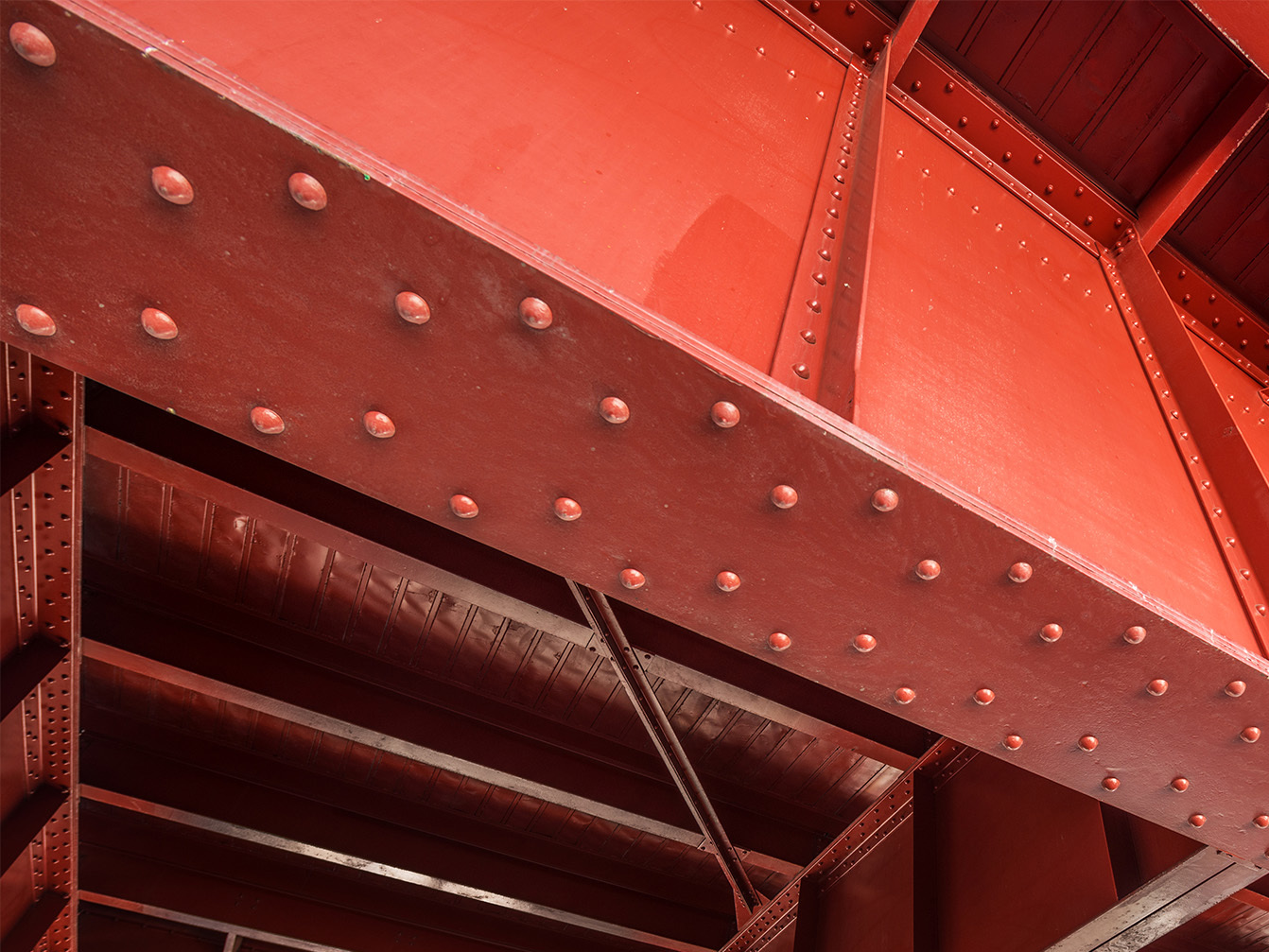So far in this series, we have explored the fundamentals and process of adjudication. To read our earlier articles click here.
We now look at what happens after the parties have received the adjudicator’s determination: the steps that a successful party can take to enforce the determination, and conversely, the steps an unsuccessful party may take to resist enforcement.
An interim but binding determination
The basic intent of adjudication under the Construction Contracts Act 2002 (CCA) is to facilitate cash flow during disputes, pending final determination in more traditional forums such as court or arbitration.
Once the adjudicator has issued the determination, any amount payable must be paid within two working days (or a later date determined by the adjudicator). A determination will be binding and enforceable on the parties whether or not the merits and validity are challenged.
Enforcing a determination
There are several enforcement options available to a successful party.
Recovery of the amount payable as a “debt due”
An unpaid adjudication determination becomes a “debt due”, meaning that the successful party can recover the unpaid sum in either the District or High Court (depending on the quantum). This is typically through summary judgment proceedings.
If the debtor is a company, the successful party can issue a statutory demand. The debtor then has limited timeframes to either apply to set aside the statutory demand or pay the debt. If the statutory demand is not complied with, the successful party can apply to liquidate the debtor company.
In practice, a statutory demand is faster and more cost effective than summary judgment, and the most common route we see deployed. It can also flush out whether there are any solvency issues with the defendant and bring issues to a head quickly given the short timeframes for applying to set aside a statutory demand. In contrast, the prospect of issuing summary judgment proceedings through the courts (which could take several months) can seem unpalatable to a party recently successful at adjudication.
Suspension of construction work
A successful party may serve notice of intention to suspend work under the contract. If the payment remains unpaid within five working days of the notice, the party has the right to suspend all or part of the construction work.
While work is suspended, the unpaid party is not liable for any loss or damage suffered by the non-paying party because of the suspension. The suspension may continue until the defaulting party pays the full amount or complies with the adjudicator’s determination.
The ability to suspend is a powerful tool. The industry has recently seen construction work suspended on a prominent residential tower in Auckland following an unpaid adjudication determination. In practice, if this option is available (because the adjudication is on an ongoing project) it is likely to be a fast and effective practical way to enforce payment (if there are funds available to make payment) at a low cost – the party simply issues a notice of intention to suspend.
Entry as judgment
A successful party can apply for the adjudicator’s determination to be enforced by entry as a judgment in the District Court. This applies to both monetary and rights determinations.
A defendant that wishes to oppose an application for entry as judgment needs to make its own application to the District Court for an order that entry as judgment be refused. There are limited grounds (and timeframes) to oppose entry as a court judgment – i.e., the amount has already been paid, the relevant contract is not a construction contract to which the CCA applies, or that a condition imposed by the adjudicator has not been met.
If the defendant takes no steps to oppose within five working days, the District Court must, at the plaintiff’s request, enter the adjudicator’s determination as a judgment as soon as practicable. This means that the determination can be enforced in the same manner as any court judgment.
Registration of a charging order
If an adjudicator has recorded in his/her determination the adjudicator’s approval for the issue of a charging order in respect of the construction site, the successful party may in its application for entry as judgment (as described above) also apply for the issue of a charging order. If the determination is entered as a court judgment, the Registrar of the District Court must immediately also issue a charging order in respect of the construction site.
Once issued, the charging order can be registered against the title via Land Information New Zealand (LINZ). This prevents the owner from dealing with or disposing of the property until the charging order sum is paid. The successful party may also take further enforcement action such as applying for the sale of the property.
Both the entry of judgment process and registration of a charging order are enforcement processes through the courts, and therefore their speed is dependent on court resources and availability.
Resisting enforcement
While there are no formal rights to appeal an adjudicator’s determination, there are steps that an unsuccessful party can take.
Re-litigate
The CCA advocates for parties to pursue the contractually prescribed dispute process or re-litigate the issues in Court to be finally determined. If the result of these procedures is in favour of the referring party (i.e., the party unsuccessful in the adjudication), the amount paid by that party under the adjudicator’s determination is essentially “repaid” to it.
Re-litigating can be time consuming and costly. Sometimes, a losing party can ‘live with’ the outcome of the adjudication even if they have lost; in other cases, either the amounts in dispute or the principles at issue will justify taking the dispute further.
Judicial review
The adjudicator’s determination is a statutory power of decision which is susceptible to judicial review. Any normal ground of judicial review may be raised. However, the courts have noted the clear statutory intention to limit the scope for challenging an adjudicator’s determination and have held that a “low-intensity” approach to review is appropriate. Judicial review remains available where there has been a significant breach of natural justice or significant error of law in an adjudication, and there are examples of successful applications for judicial review.
Interim relief
An adjudicator’s determination to pay money remains in effect despite any substantive or judicial review proceedings. A common (and increasingly valid in a tough economic cycle) concern is that an amount paid under a determination will not be available once these proceedings have concluded, therefore defeating the “pay now, argue later” principle. To alleviate this concern, the unsuccessful party may apply for relief to avoid having to pay the determined sum, pending the outcome of a substantive proceeding. Relief may be applied for in several ways depending on the course of action taken by the parties.
The party seeking relief must demonstrate a high likelihood of an inability to repay if the subsequent proceeding is determined in favour of the referring party; and it has a good arguable case that it will succeed under the subsequent proceeding. While this is a high threshold, there have been examples of party success.





